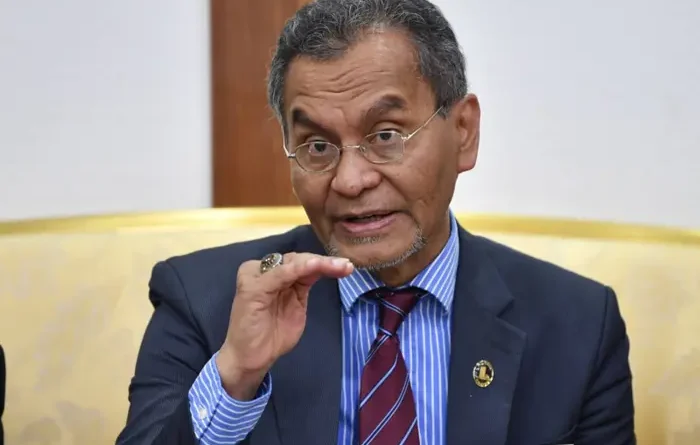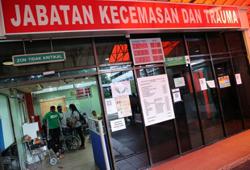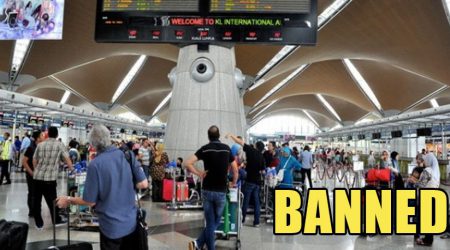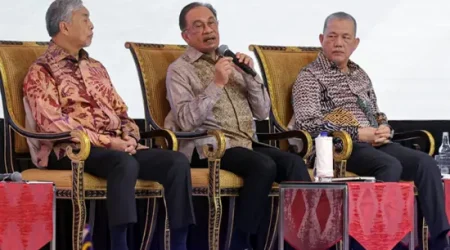Medical Act amendments should resolve parallel pathway issue, says Health Minister
KUALA LUMPUR: The amendments to the Medical Act will hopefully be the much-needed resolution to the conflict and polemic that has arisen with the parallel pathway programme and the recognition of specialists qualification, says Datuk Seri Dr Dzulkefly Ahmad.
“Many were waiting for us to resolve the irregularities that had affected four graduates of the Fellowship of the Royal College of Surgeons of Edinburgh (FRCS Ed) (for cardiothoracic) in terms of their eligibility in being included to the National Specialist Register (NSR),” the Health Minister said while tabling the Bill for the second reading in the Dewan Rakyat on Tuesday (July 16).
“We do not want anyone to question these irregularities in the future. We don’t want the government to continue to be exposed to the real legal risk that stemmed from legitimate expectations whereby graduates who were sent to undergo training for six years through the Hadiah Latihan Persekutuan were denied admission to the NSR upon their return,” he said.
Dzulkefly said the amendments were necessary as the ministry’s facilities were not recognised as training providers as they did not fit the description of a higher education provider outlined under Section 2 of the Malaysian Qualifications Agency Act.
This is despite over 70% of the parallel pathway training being conducted in the Health Ministry’s facilities.
Consequentially, the parallel pathway programmes did not fulfil the conditions of section 14(B) of the Medical Act on recognised higher education providers.
With the amendments, the Health Ministry will be recognised as a higher education provider.
The Bill which among others seeks to amend provisions related to the registration of specialists as well as the recognition of qualifications and specialised training.
Changes in the composition of the members of the Malaysian Medical Council (MMC) have also been proposed.
He said the Health director-general would continue to be MMC president to ensure that the government’s policies related to the profession are in line with those of the council.
He said the quality of care and patient safety will continue to be the ministry’s priority.
Currently, there are 296 qualifications listed under the Fourth Schedule of the Act. Of these, 115 are from local institutes, 68 from the United Kingdom, 35 from the United States, 30 from Australia, 23 from Ireland and 10 from Canada.
The minister upon consulting the MMC can amend the recognised qualifications under the Fourth Schedule.
The Bill was tabled for the first reading on Monday (July 15). Debates on the Bill are scheduled to continue on Wednesday (July 17).
Earlier, the Malaysia Border Control and Protection Agency Bill 2024, aimed at establishing the Malaysia Checkpoints and Border Agency (MCBA), was passed in the Dewan Rakyat.
Other bills that were passed at the third reading subsequently were the Personal Data Protection Bill 2024 (Act 709), Arbitration Bill 2024 (Act 646) and the Construction Industry Payment and Adjudication Bill 2024 (Act 746).













Leave a Reply